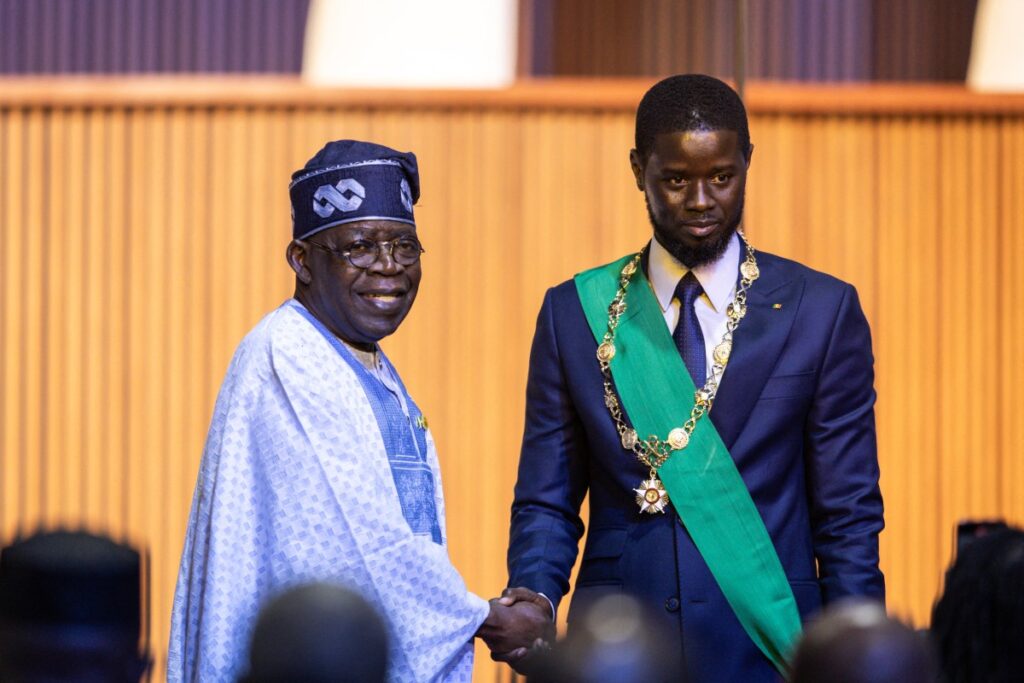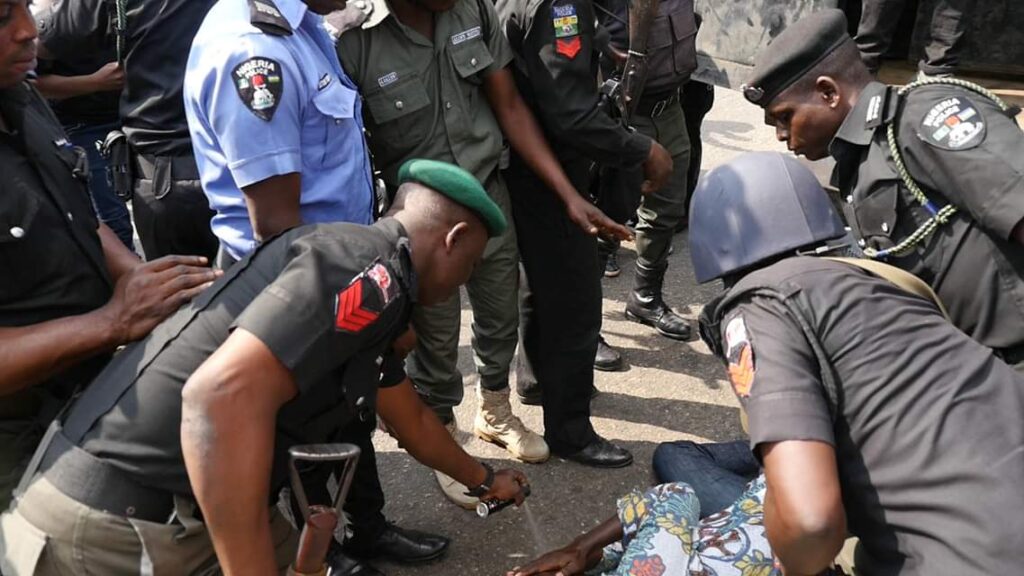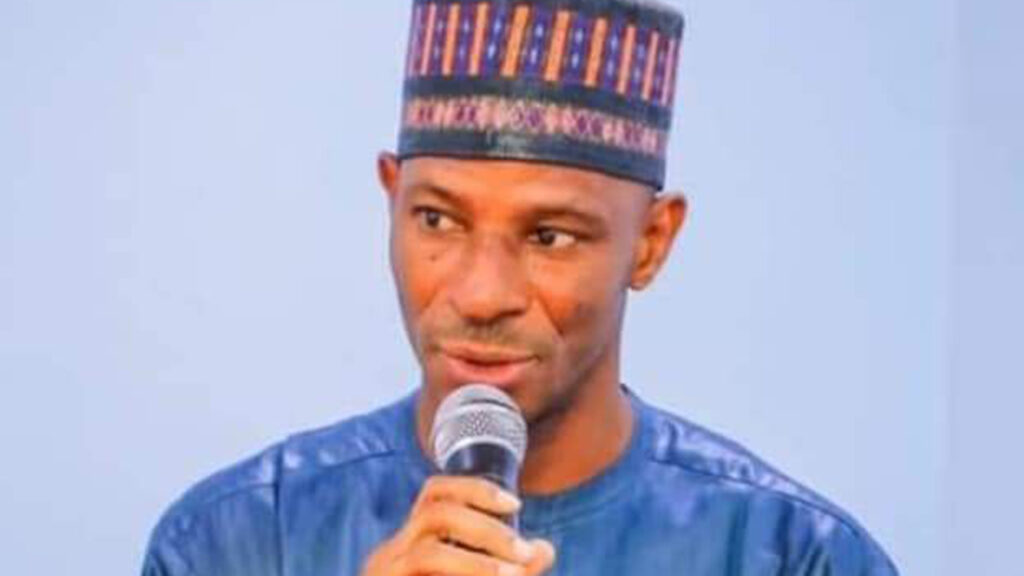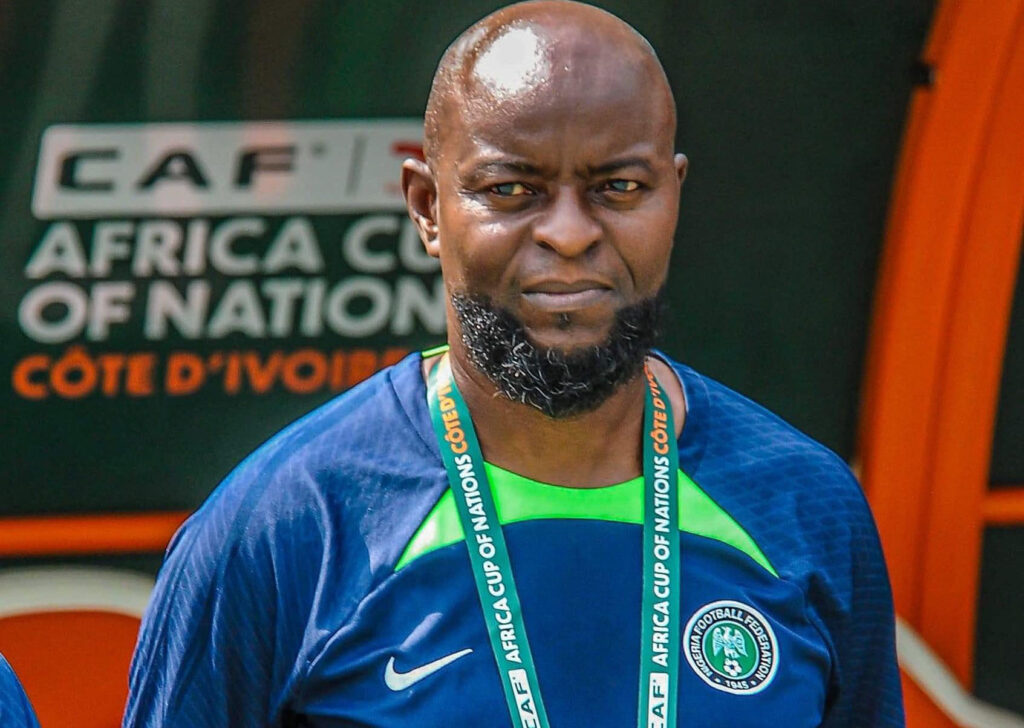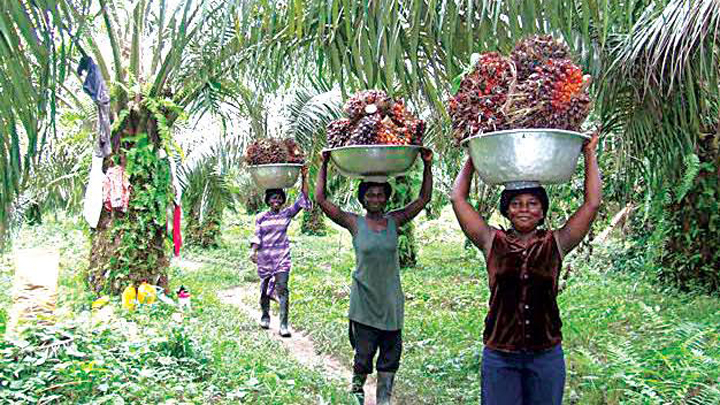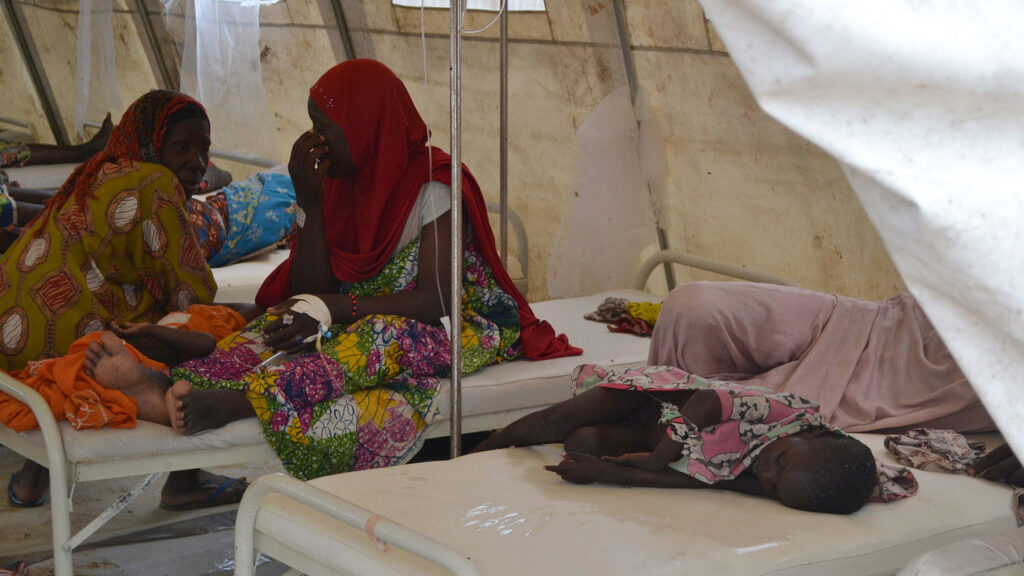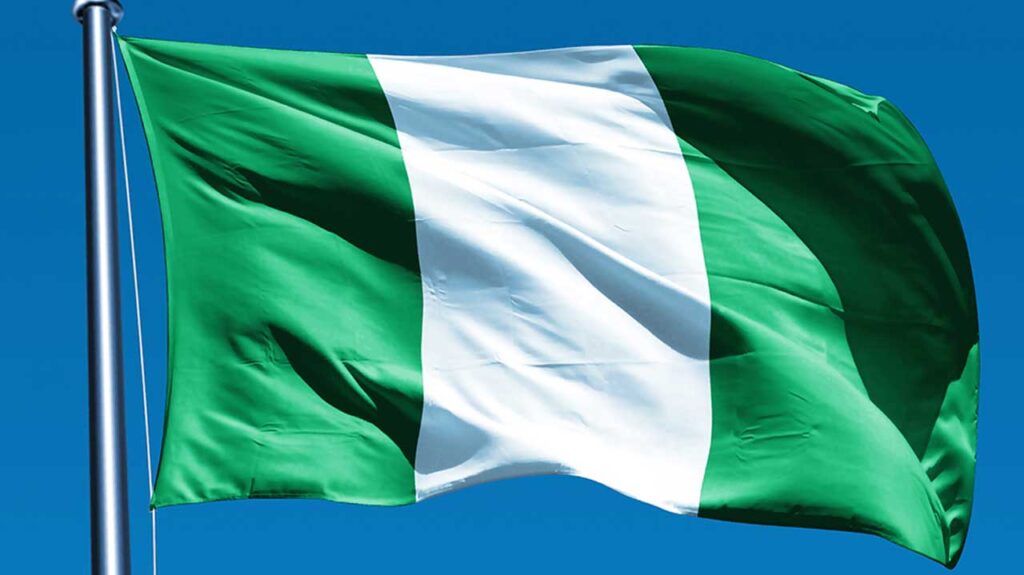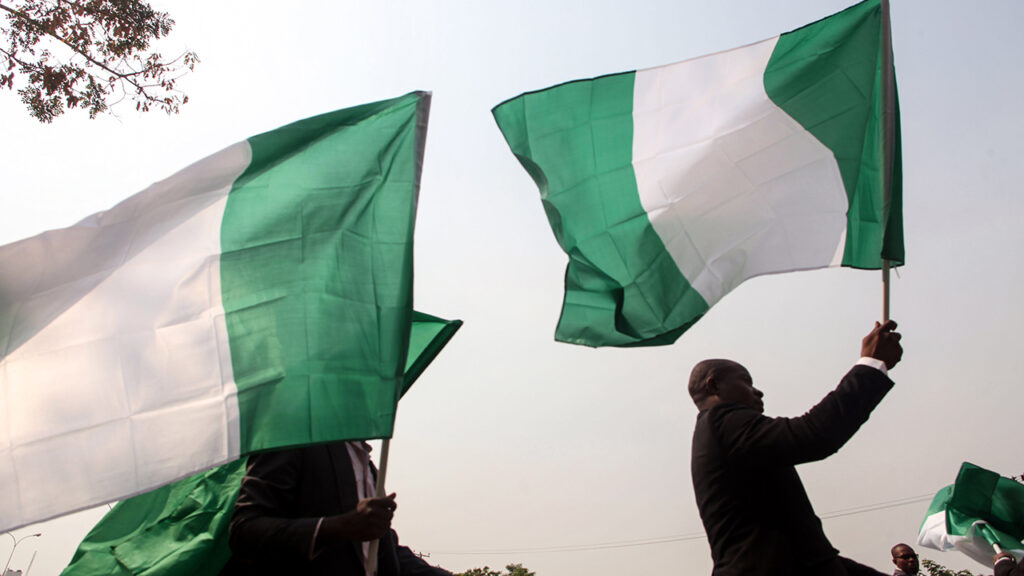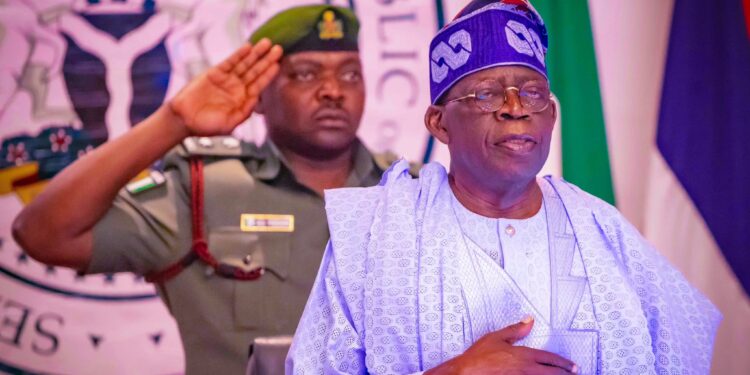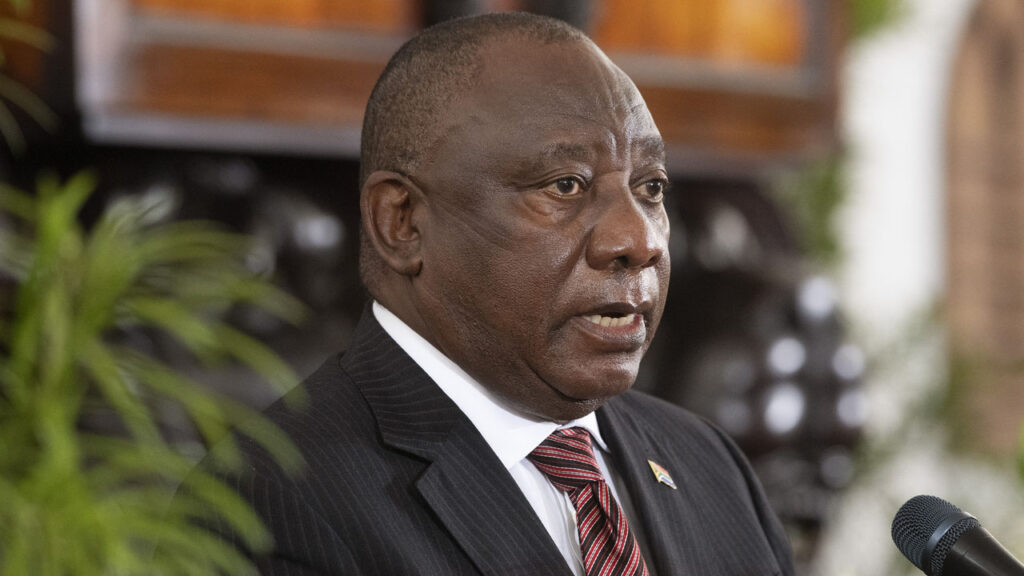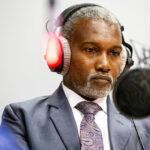
The inauguration, last week of the newly-elected President of Senegal, Bassirou Diomaye Faye will be recognised for its significance in sealing the long struggle of the Senegalese to halt the subversion of the democratic process by former President Sall. Indeed, it is a rebound for democracy and the triumph of people power in that country. Senegalese democracy has come of age, thanks to a strong tradition of co-optation and principled opposition.
Last Tuesday, the democratically elected president of Senegal, Faye, was sworn into office as the fifth President of Senegal. President Faye stepped in for Ousmane Sonko, a popular opposition politician who was disqualified by the Senegalese court from contesting the presidential election through the meddlesomeness of the outgone President Macky Sall.
President Faye who polled 54.3 percent of the votes defeated Prime Minister Amadou Ba who polled 35 percent and was favoured by former President Sall to succeed him in the March 24 election that was originally billed to take place on February 27.
Faye’s ascent to power was a tortuous road. President Sall, enamoured of tenure elongation had made a move to alter the term limit in his country which was challenged by the opposition forces. Through quiet diplomacy on the parts of ECOWAS leadership and democracy-promoting countries, he was talked out of his ambition.
However, as part of that grand plot, he had thrown opposition leaders into prison. Among those jailed were Ousmane Sonko and Faye, notable opposition to his rule. The imprisonment of his opponents, especially Sonko who had gained national followership was perceived as a means of paving the way for his preferred candidate, Amadou Ba, who was his Prime Minister while in power.
While many thought that the ghost of tenure elongation had been exorcised, Sall announced the postponement of the February elections until mid-December, a move that saw the usually quiet country erupt in nation-wide protest that led to deaths and the destruction of property. However, it took the Constitutional Council ruling to restore calm to the country. The nation’s top constitutional body overturned President Sall’s decision to postpone the presidential election. The council made it clear that it was “impossible to organize the presidential election on the initially scheduled date” but instructed the relevant authorities to hold it without further delay. It was against this backdrop that political prisoners were amnestied, and the election held. Faye became a replacement for Sonko with the slogan: “Diomaye is Sonko, Sonko is Diomaye”.
Nevertheless, observers have noted that the decision of the Constitutional Council to overrule the postponement led to Sall scheduling March 24 as Election Day. But not without a taint on Senegal’s democratic credentials as a stable democracy in a politically volatile region that has witnessed more than a handful of unconstitutional changes of government since 2020. It is for this reason that people see as remarkable the role played by an independent Constitutional Court and an apolitical army in the democratic recovery of Senegal.
In his victory speech, Faye indicates an anti-imperialist stance in synch with the general trend in French West Africa with a realisation of French ruthless colonisation and neo-colonial meddlesomeness in the affairs of former colonies. Faye espoused pan-Africanism and promised to restore national sovereignty undermined by external control of his country’s resources. Also, he looks to create a new national currency instead of the CFA franc while investing massively in the agricultural and industrial sectors to absorb the unemployed.
Observers, however, note that the reality of governance would alter his radical discourse. However, the new leadership must live up to his electoral promise to fight corruption, prioritise national economic interests, and create employment for the teaming youth population with about 60 percent under 25.
Indeed, the democratic turn in Senegal is to be applauded. Despite huge obstacles to a free and fair election engendered by a seemingly recalcitrant president, the presidential election held virtually on a smooth sail. Regardless of the acrimonious atmosphere of the election, Ba congratulated Faye even before the final vote tally. So also was the former president Sall. The former said “In light of presidential election result trends and while we await the official proclamation, I congratulate Faye for his victory in the first round”.
While the latter hailed Faye’s victory as “a victory for Senegalese democracy”, other contestants followed suit. This is probably why the Transition Monitoring Group (TMG), called on Nigeria and other West African countries to learn from Senegal.
The body noted that the constitutional manner in which the institutions of state acted led to the election of the youngest African president in recent times. According to the organisation’s statement, “It is the massive support as demonstrated by the youth without resorting to politics of identity based on ethnicity, tribalism, or religion that paved the way for the emergence of 44-year-old Bassirou Diomaye Faye as president-elect from the March 24 election. This represents a wake-up call to youths in Nigeria and ECOWAS to unite above identity politics to positively affect changes in their country’s politics.”
It is important to note that Senegal has demonstrated a culture of resistance to the illiberal disposition of incumbents, from Abdul Diouf to Macky Sall. In 2000, it was a movement for change, and in 2012, resistance to Abdoulaye Wade to remain in power. Between 2020 and 2024, it was against Sall. While we felicitate with the Senegalese, we hope that African leaders with ambition for tenure elongation will learn from the democratic process in Senegal and tow the path of honour and integrity by abiding by the rule of law in the affairs of their respective countries.
Faye should know he represents not only the Senegalese youth but African youth. They look up to him, the expectation is high, and he must not disappoint them. Service to the people should be his responsibility and catchphrase.

